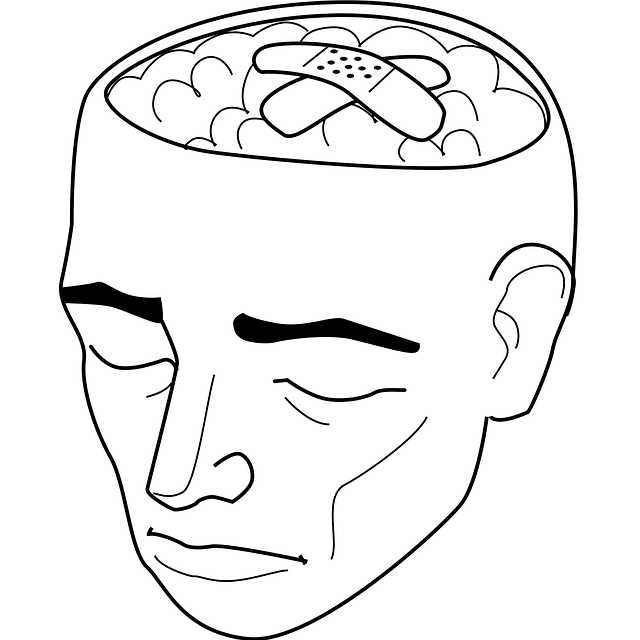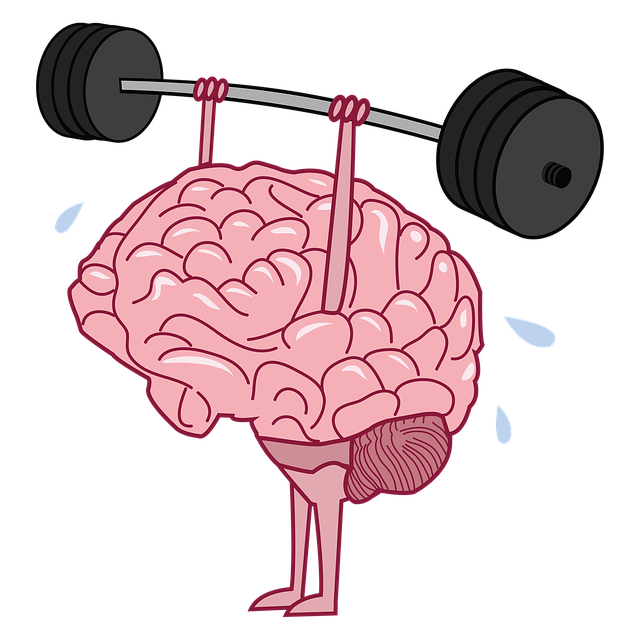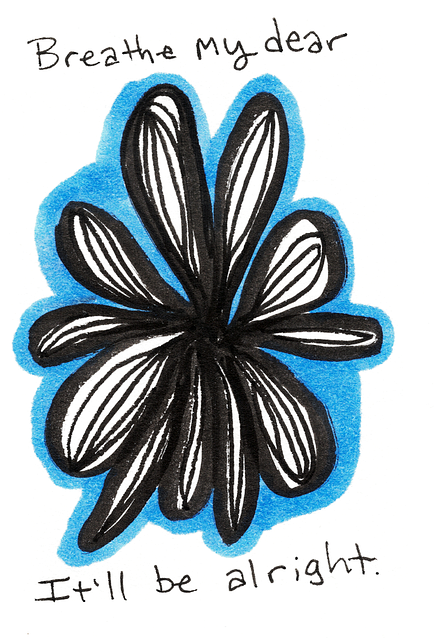The Colorado Springs Russian Speaking Therapy Model addresses cultural barriers in mental healthcare by offering Russian-language services, culturally sensitive education, and inclusive practices tailored to immigrant and refugee communities. Through interactive curriculum, community building, and a multi-faceted evaluation approach, this program enhances therapeutic experiences, fosters empathy, and promotes inner strength development for both participants and practitioners. This model serves as a valuable resource for Mental Health Policy Analysis and Crisis Intervention Guidance, offering effective strategies for serving diverse cultural backgrounds in Colorado Springs and beyond.
Mental health education programs play a pivotal role in fostering well-being. This article explores comprehensive program design, drawing insights from the innovative Colorado Springs Russian Speaking Therapy Model. We delve into cultural sensitivity, engaging curriculum with interactive techniques, and building supportive communities through peer-to-peer support. Additionally, we discuss measuring impact using assessment strategies, highlighting the importance of effective mental health education in today’s diverse society.
- Understanding Cultural Sensitivity in Mental Health Education: The Colorado Springs Russian Speaking Therapy Model
- Designing an Engaging Curriculum: Incorporating Interactive Techniques for Effective Learning
- Building a Supportive Community: Fostering Connection and Peer-to-Peer Support within the Program
- Measuring Impact and Success: Assessment Strategies for Evaluating Mental Health Education Programs
Understanding Cultural Sensitivity in Mental Health Education: The Colorado Springs Russian Speaking Therapy Model

In today’s diverse society, cultural sensitivity is a cornerstone of effective mental health education. The Colorado Springs Russian Speaking Therapy Model offers a compelling example of this principle in action. Designed to cater to a specific community with unique linguistic and cultural needs, this program recognizes that access to mental health services must be tailored to diverse populations. By offering therapy in the native language of Russian-speaking individuals, it addresses barriers often faced by immigrant or refugee communities, ensuring they receive culturally competent care.
This model goes beyond simply providing translation services; it incorporates cultural nuances and public awareness campaigns development to foster understanding and reduce stigma. The program’s success highlights the importance of Mental Health Policy Analysis and Advocacy in shaping inclusive practices. By learning from such initiatives, mental health professionals can develop Crisis Intervention Guidance that resonates with various cultural backgrounds, ultimately enhancing service accessibility and effectiveness.
Designing an Engaging Curriculum: Incorporating Interactive Techniques for Effective Learning

Designing an engaging curriculum is key to creating an impactful mental health education program. Incorporating interactive techniques ensures active participation and deep learning. In a vibrant city like Colorado Springs, with its diverse communities, including Russian-speaking residents, tailored educational approaches are essential. For instance, using role-playing scenarios can help address cultural sensitivity in mental healthcare practice, fostering empathy among students towards various patient backgrounds.
This hands-on method not only makes learning fun but also facilitates the development of inner strength, crucial for burnout prevention. By combining traditional lectures with dynamic activities, the program offers a well-rounded experience. Such interactive techniques leave a lasting impression, encouraging practitioners to integrate cultural sensitivity and inner strength development into their clinical practice, especially when serving diverse populations like those found in Colorado Springs Russian Speaking Therapy communities.
Building a Supportive Community: Fostering Connection and Peer-to-Peer Support within the Program

Creating a supportive community within a mental health education program is essential for fostering connection and peer-to-peer support in Colorado Springs Russian Speaking Therapy settings. Encouraging open dialogue and safe spaces allows participants to share their experiences, build empathy, and cultivate compassion among peers. This sense of belonging can significantly enhance the overall therapeutic experience, making it more accessible and beneficial.
Effective strategies, such as structured group discussions, collaborative problem-solving activities, and peer mentoring programs, can facilitate these connections. By incorporating Empathy Building Strategies and Communication Strategies, participants learn to actively listen, understand one another’s perspectives, and offer support. Compassion Cultivation Practices further strengthen this environment by promoting kindness, patience, and a deeper sense of community, creating a safe haven within the program where individuals feel valued and understood.
Measuring Impact and Success: Assessment Strategies for Evaluating Mental Health Education Programs

Evaluating the impact and success of mental health education programs is crucial for understanding their effectiveness in promoting mental wellness. Assessing program outcomes can be achieved through a combination of quantitative and qualitative assessment strategies. For instance, survey instruments and feedback forms allow participants to share their experiences and perceptions, providing valuable insights into the program’s utility and relevance. These tools can help gauge changes in knowledge, attitudes, and self-reported behavioral shifts related to mental health.
In the context of Colorado Springs Russian Speaking Therapy, assessing the success of educational initiatives could involve tracking participant progress over time. This might include measuring changes in symptoms of common mental health conditions like depression prevention strategies, as well as evaluating the program’s influence on help-seeking behaviors and access to mental wellness resources. Integrating these assessment methods ensures a comprehensive understanding of how the program contributes to the overall mental health policy analysis and advocacy efforts within the community.
The design of an effective mental health education program, as illustrated by the Colorado Springs Russian Speaking Therapy Model, involves a holistic approach. By integrating cultural sensitivity, engaging curricula, supportive communities, and robust assessment strategies, we can create impactful programs that cater to diverse learners. Incorporating interactive techniques and peer-to-peer support not only enhances knowledge retention but also fosters a sense of belonging, ultimately revolutionizing mental health literacy in our communities.














